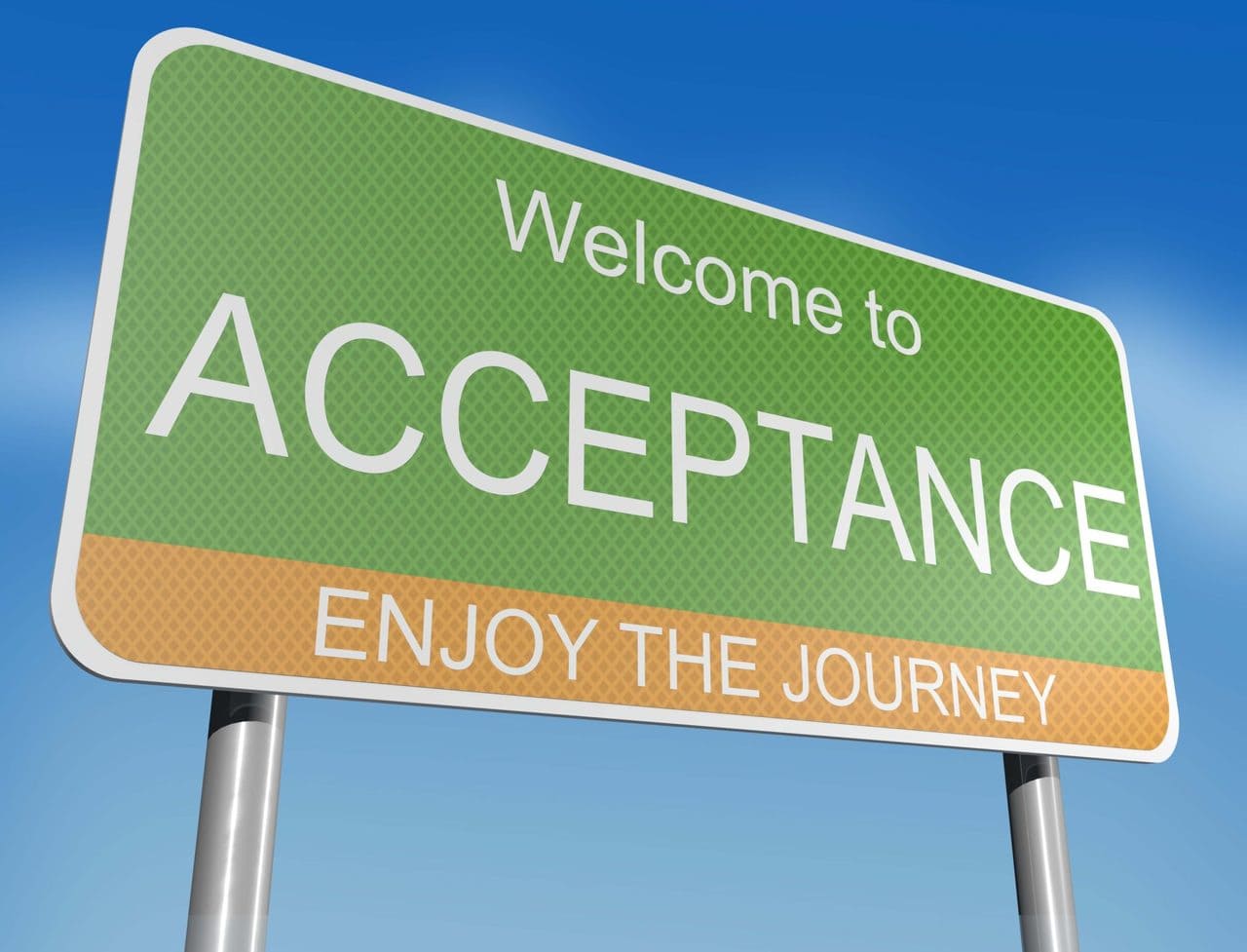In our culture, you can rarely see parents who do not like or accept their own children. When baby is brought from the maternity ward into the family, it became the cradle of emotional closeness and acceptance. All persons surrounding the child are showing, in one way or another, that they are ready to accept the newborn and want it to be well. Therefore, the child acquires the belief that the normal state for everyone is – acceptance. If parents are angry because the child has done something wrong, and it results with a little distance between themselves and the child, youngling becomes afraid and attempts to “restore” love and acceptance.
When a child goes out in public and believes that all grown-ups and all children must accept it, which usually does not happen, a child can suffer to “public trauma” when realized that many do not notice or care. Next step is that children suffers from an inferiority complex. Fantasizing about the day when everyone will realise it’s good deeds that will bring love is the first layer of defence. In anticipation of acceptance, many children are passively waiting for the second chance to become ,,likeable”, feeling that they are not sufficiently interesting, beautiful, funny to be irresistibly attractive. Others take more active approach, like trying to charm all those who do not pay attention to them.
In the adult world we live surrounded by three types of people: those who have a positive attitude towards us, those who have a negative attitude towards us, and those with who we do not have any relationship. Emotionally, ,,growing up” means to accept this fact and develop social skills that allow us to function with all three groups of people. This is quite different from the initial children’s fantasy that, if we’re good enough, then all people will accept us and have a positive attitude towards us.
Most important group of people to us is those who like us, who we respect, honor and accept us, because we fell we are among those who can become our friends, associates or emotional partners. Only with them we can achieve self-respect and mutual respect – which is the basis of any friendly relation. This group gives us the strength to endure the existence of those who do not accept us.
Adults whose “inner child” is not emotionally grown, and still believes that everyone will accept them, show different priorities, focusing on those who do not accept them. They invest a lot of energy and time to appeal to those who do not like them, falsely believing that they will prove their worth if they can affect people and change their negative opinion about them. When they achieve to do so, that particular individual who is ,,won over” becomes irrelevant, so another ,,victim” is needed.
The way to end this endless game for this individuals is to accept themselves and come to terms with a fact of life that some people simply will never accept them no matter how hard they try.

